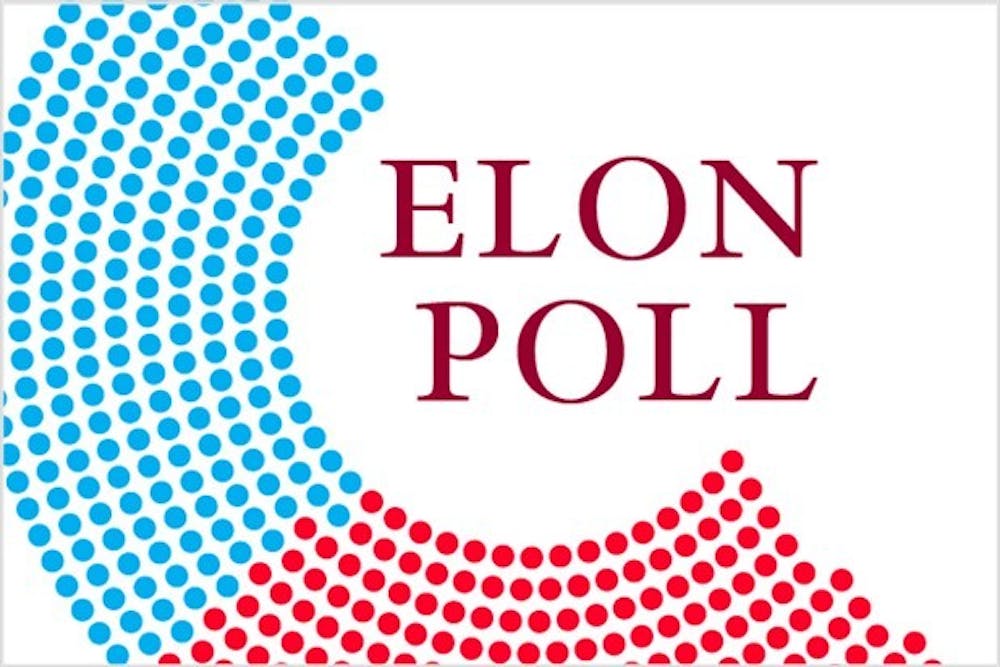Voter ID
The most recent results from the Elon Poll indicate 74 percent of North Carolina residents support the voter ID law, which requires voters to produce a photo identification before being allowed to vote. Two percent of the respondents said they did not know how they felt about the law.
Last year the governor vetoed the voter photo ID law that the General Assembly passed. John Robinson, director of communications for the Elon University Poll, said it is plausible the issue will come up again and the legislature will override the veto.
"It appears they can do it, knowing that a majority of North Carolinians are behind them," he said.
Gas Prices
Poll results also indicate residents believe oil companies and foreign countries as responsible for high oil prices. The majority expressed an interest in using solar power wind power and natural gas as alternative energy sources.
Respondents were asked to rate the level of blame, with "1" being "no blame at all" and "5" being "a great deal of blame," they attribute to oil companies, foreign countries that produce oil, the policies of the obama administration, the policies of Democrats in Congress, the driving habits of American consumers, the policies of Republicans in Congress and environmental regulations. The total percentage of resondents who answered either "4" or 5" were:
Oil Companies: 71 percent Foreign Countries That Produce Oil: 58 percent The Policies of the Obama Administration: 42 percent The Policies of Democrats in Congress: 41 percent The Driving Habits of American Consumers: 40 percent The Policies of Republicans in Congress: 35 percent Environmental Regulations: 34 percent
“It’s no surprise that North Carolinians are looking for someone to blame. Big oil and the oil-producing countries are easy targets because they produce and deliver the product to us,” Robinson said.
While the majority of respondents blame the oil companies and the foreign countries that produce oil, the poll indicates North Carolina residents do not view themselves free of fault. 40 percent of the respondents consider American consumer habits deserving of blame for the high oil prices.
Respondents were also asked to indicate on what other energy sources the nation should rely to meet future energy needs. Respondents answered accordingly:
Solar Power (85 percent more / 13 percent less) Wind Power (80 percent more / 16 percent less) Natural Gas (70 percent more / 22 percent less) Nuclear Power (42 percent more / 50 percent less) Coal (30 percent more / 63 percent less) Oil (25 percent more / 72 percent less)
Although respondents indicated an interest in using renewable resources, Robinson said he thought it was worth noting the number of respondents in favor of using natural gas, considering the debate concerning, hydraulic fracturing, or fracking, continues. The process requires high-pressure, chemically treated water to extract natural gas from the ground.
Nevertheless, 57 percent of the respondents said they did not have enough familiarity with the issue to comment in favor or in opposition to the practice in North Carolina. Of the remaining 43 percent, 21 percent said they approve "fracking," and 22 percent said they oppose it.
Phone calls were made to 534 North Carolina residents March 26-29, and responses were recorded regardless of residents’ voting eligibility or likelihood to vote.


